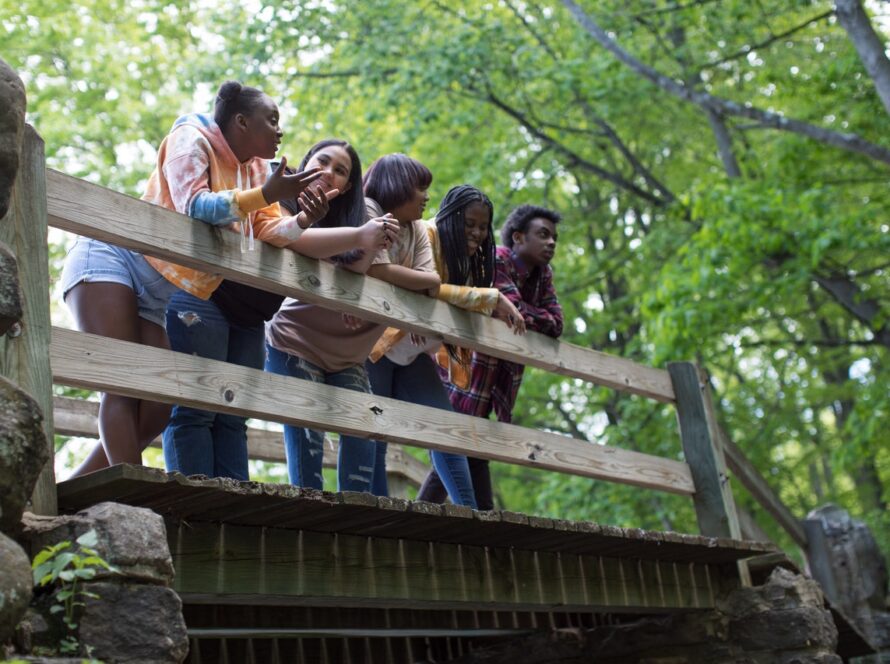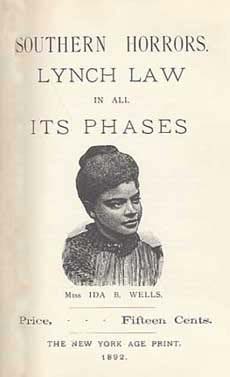Lesson 16 –
Luke 24:36b-48 NRSV
36 While they were talking about this, Jesus himself stood among them and said to them, “Peace be with you.” 37 They were startled and terrified, and thought that they were seeing a ghost. 38 He said to them, “Why are you frightened, and why do doubts arise in your hearts? 39 Look at my hands and my feet; see that it is I myself. Touch me and see; for a ghost does not have flesh and bones as you see that I have.” 40And when he had said this, he showed them his hands and his feet. 41 While in their joy they were disbelieving and still wondering, he said to them, “Have you anything here to eat?” 42 They gave him a piece of broiled fish, 43 and he took it and ate in their presence.
44 Then he said to them, “These are my words that I spoke to you while I was still with you—that everything written about me in the law of Moses, the prophets, and the psalms must be fulfilled.” 45 Then he opened their minds to understand the scriptures, 46 and he said to them, “Thus it is written, that the Messiah is to suffer and to rise from the dead on the third day, 47 and that repentance and forgiveness of sins is to be proclaimed in his name to all nations, beginning from Jerusalem. 48 You are witnesses of these things.
Background
By this point of the story, Jesus has been betrayed, killed, assumed to be dead, and resurrected. He has already been found by the women who came to anoint his body. He meets a group of travelers on the road to Emmaus. This vignette is a reminder that Jesus spent a bit of time on Earth before finally ascending into heaven. In fact, this is the last scene that we have in Luke right before he is “carried up into heaven.”
In your own devotional period, think about what it must have been like to have heard the story of Jesus living, dying, and coming back again. What do you think these people are experiencing by seeing him again? Would you have believed it?
Today’s lesson will focus on the range of human needs.
Read the scripture out loud together. What was the last delicious meal you had prepared by someone else?
What’s happening during this passage?
As the disciples are talking, Jesus enters their conversation. He says to them, “peace be with you,” which startles them. They wondered if it was a ghost. He invites them to look at his hands and feet and to touch him. He even argues that “ghosts do not have flesh and bones” as he does. Even though they were confused and in awe, they had joy. He asked them if they had anything to eat, and they gave him a piece of broiled fish. He ate it right then and there! After eating, he reminded them of all they experienced together and of the scriptures. He reminds them of their responsibility to repent, forgive and proclaim in Jesus’ name to all nations. The disciples are “witnesses” of these things.
Why does Jesus ask for food?
Hunger is a human need. We may eat different cuisines across the world, but one thing is true. We all need to eat. It is no accident that many religious traditions include food and drink as part of major celebrations and rituals. Eating is a human need. This question of food works on two levels.
1. It helps the disciples understand that this is not a ghost/spirit version of Jesus. This is the human version of Jesus! He is real!
2. It helps the audience (including us) believe that this is Jesus the human.
Perhaps at this moment, asking for food helped to break the ice. Maybe people laughed and said, “Oh Jesus, you are always hungry!” Maybe as they heated up the fish they reminisced on the feeding of 5,000 plus people. “I bet this fish tastes different now that you’re back!” Perhaps Jesus shared his fish with people in the room because that’s who he is.
Whatever happened, the writer of this text thought that detail was important enough to include in this passage. Jesus coming back to Earth as a living human and being hungry among friends helps prove a very important point, his body matters. How else does he prove that he is real except to feel the very thing we all feel? How else does the recorder of this story prove that it really was Jesus except to have him ask for some food, seeing as how his ministry often involved breaking bread?
What is important about “witnessing?”
Jesus wants the disciples to remember what is most important. After eating his lunch, he tells them, “everything must be fulfilled.” That includes what has been written through Moses, the prophets and the psalms. He even reminds them that “the Messiah is to suffer and to rise from the dead on the third day, and that repentance and forgiveness of sins is to be proclaimed in his name to all nations beginning from Jerusalem.”
The disciples have a heavy task ahead of them. They are to carry out the work of Jesus’ ministry and life. They are expected to continue the work that Jesus modeled. In the very next few verses after our passage for today, Jesus ascends into heaven. Jesus needed to come to Earth to reiterate the urgency of communal transformation. They are to do more than just watch and “say they were there when it all went down.” They are to continue the work of Jesus.
What questions do you still have of this scripture? How will you commit to journeying with this text this week?

Connection to Today’s World
The Concord Freedom School has been in operation for 13 years! Although we have always had some sort of summer program, we created a more intentional program in 2008 in collaboration with the Children’s Defense Fund. One major part of the program is food! Every morning, students start out with breakfast. Snacks are provided throughout the day. Students travel to a nearby school for lunch. And during aftercare, students also enjoy more snacks. Freedom School is open from 8:00 am to 6:00 pm, which is more than a full workday. It is important that students have not only their minds engaged but their bodies too. There are also many other opportunities for students to move their bodies and run around. And of course, our staple program is the Spaghetti Dinner where parents and community members are invited to break bread together.
The reason why Concord Freedom School emphasizes breaking bread is simple. It is easier to build community when we acknowledge each other’s humanity first. You can build strong bonds over garlic bread and broiled fish. Every meeting doesn’t need to be a stuffy one. We can share candies, food, and water. Even in the era of social distancing, there are ways to acknowledge each other’s human needs for food, sleep, joy, and safe places to sleep.
Journal: What is your favorite dish to prepare for yourself? For someone else? Where did you learn how to make that meal?
Closing: Listen to “Lift Him Up.”
How to reach the masses, [those] of every birth,
For an answer, Jesus gave the key:
“And I, if I be lifted up from the earth,
Will draw all [souls] unto Me.”
Lift Him up, lift Him up;
Still, He speaks from eternity:
“And I, if I be lifted up from the earth,
Will draw all [souls] unto Me.”
Oh, the world is hungry for the Living Bread,
Lift the Savior up for them to see;
Trust Him, and do not doubt the words that He said,
“I’ll draw all [souls] unto Me.”
Prayer:
Dear God,
You gave us hearts, brains, stomachs, and bodies. We thank you for the bodies you gave us and the Body of Christ you have invited us into.
You gave us the gift of community. You know that we need moments of connection before we have difficult conversations.
Throughout this week, help us to acknowledge each other’s humanity. Bring us closer to you and to each other, even in this era of physical distancing. We lean on your wisdom and love more and more each day.
In Jesus’ name we pray, Amen.





